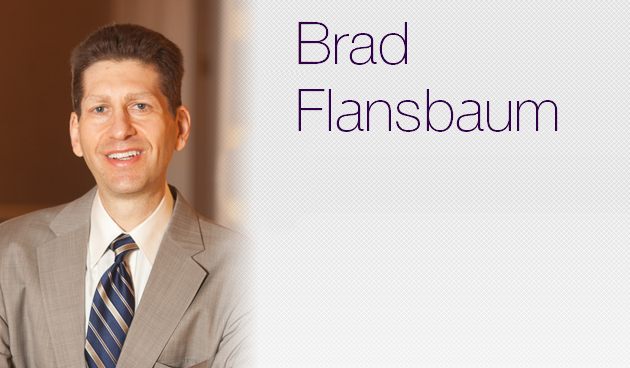A little something I sent to my residents–and I post it here as the issue has relevance to every clinician. Also, a wise professor offered me something to contemplate. As you read, consider whether this is a professionalism OR systems issue. If the latter, are the behaviors in accord with the signals we give our trainees, nocturnists and shift workers. Further, do we then have a system designed to provide us with the results we are asking for?
Scenario One: You walk into a bar, and you see a hot girl or guy. You think, “Hmm, I want to meet this person. Let me consider what to do next.”
Scenario Two: You have a car with a sluggish engine. Something is not right. Once again, you think, “I need to consider how to get the motor purring again.”
In both cases, everyone would agree you have some decisions to make. You could ignore both situations–unwise I think, but if you did, in scenario one, you would be home alone on Saturday night getting yourself into all sorts of slippery trouble. In scenario two, you could stall out on the West Side Highway and get towed by Ralphie, the tobacco chewing cretan.
But a true path lies before you, right or wrong. Choose you must. Consider you must.
Now think about these other scenarios:
–One: The night float admits a 49 yo male with chest pain. His dad had an MI at age 66 and the patient smokes. The EKG has some non-specific ST-T changes. His signout states, “consider a stress test.”
–Two: The day float admits a 76 yo female with less than 24 hours of episodic BRBPR. The patient presents to the ER with stable vitals, a soft belly, and a Hgb of 10.9. Her sign out states, “consider a GI consult.”
What is going on here?
I have three big bugaboos in my clinical life–and one of them is the use of the word consider. I hate the term. No, no, I mean I really hate the term. I am talking total loathing. I mean, given the choice between hearing “consider” and eating liver and onions, I would put the bib on and fork up. And I hate freaking liver.
Unfortunately, I see the term all too often.
In the CP scenario, our night float colleague knows the patient has no urgent needs. The patient will be safe within the hospital walls, and if anything should happen, nurses and docs will be on top of things quick. The same goes for our GI bleeder. The likelihood of imminent badness over the next 8 hours is small.
With that in mind, what happens? The patients get tucked, the cursory orders get written, and the white matter goes on a prolonged holiday. The crime of it is, the admitting PGY knows they have not thought the case through. Not an ounce of learning occurs and “consider” represents a responsibility transfer from one team to the next. It’s a job well done in name only and the deep thinking that should occur at time zero gets shoveled off to the next group hours later. That is no way to learn.
What’s not occurring?
To determine the need for a stress test or scope, or even calculate some probability of badness, you have to accrue data, engage your mind, and commit to some likelihood of disease–ON PAPER.
If you think about our bar or auto situation, you do the internal calculations in the moment and follow with some back of the enveloping to produce a result. With our bachelor or bachelorette, you have weighed the risks of meeting someone new versus a knock to your self-esteem. You factored the looks of the person, how you are feeling and looking in that moment, whether you have some psychic connection to the individual–all essential, and determine your outcome. You have considered. Yes, considered. You then make a decision. And you can play the same game with the car and Ralphie. Both scenarios approximate what you should also be doing with your workups.
So to give you some anecdotes of my own to characterize the “consider” conundrum, “consider” my take of how I see the PGY who relies on the “C” word:
–The resident who casts away their Pull-Ups and makes the move to sleek, comfy briefs in the big person department versus the resident who still wants his or her Winnie the Pooh jammies with the footsies on them.
–The resident who likes their cute little bikey with the horn, tassels and training wheels versus the resident who likes a little 27.5″ action with some treads, an aluminum frame, and a single axle pivot. We are talking off trail here.
All kidding aside, you see the equivalence here. You may not realize when you bypass real decision making and instead insert consider in your H&Ps, you take the low road–the less advanced one and deprive yourself of opportunity. To grow you must do the hard work and reason. It means thinking out problems and putting your nickel down.
So in the future, please avoid the term. High-value care involves accelerating a workup because you have moved things along in real time; comprehending trade-offs; realizing a working diagnosis may not require an inpatient stay because the patient has meager risks; and of course, growing and maturing as a resident.
(I would add, its okay to use the word as a consultant for a secondary problem, as in, “consider consulting dermatology…for this rash I found…in this post-op surgical patient…with uncontrolled hypertension.)



Leave A Comment